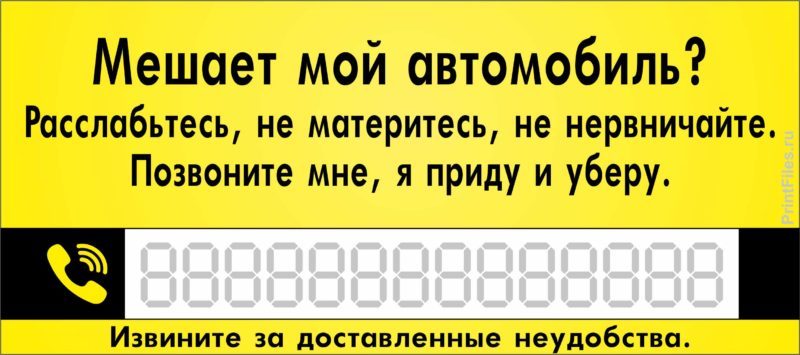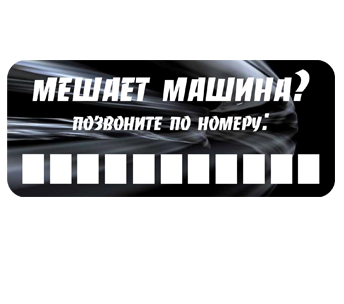Kartochka Esli Moya Mashina Vam Meshaet Pozvonite Shablon

New Books at the University of Alberta en-us University of Alberta Libraries Mon 25 February. Stran 26 — Številka 2 URADNI LIST SFRJ Ponedeljek, 22. Januarja 1986 Contracting Party, be exempted from payment of costs under the same conditions and to the same.
Devachem nanv, Jehova mhunn te man ditat. Jezun lokank kolloun, tea nanvak man dilo. Devachi vollokh gheunk tannem lokank adar dilo, ani Devachem nanv povitr zaunk magat mhunn tankam xinkoilim. ( Matev 6:9) Tumi ravtat thoim, khoincho dhorm Devachem nanv kolloita?— Itihas 2:21, Stotram 148:5 vachat. • Devachem Raj te porgott’ttat. Aplea Rajeachi bori khobor porgottunk Devan, Jezuk hea sonvsarant dhaddlo. Fokot Devachem Raj munxakulla-vele soglle koxtt kaddun uddoitolem.
Apunn moro porian tea Rajeachi khobor Jezu sangot ravlo. Kodi dlya universaljnih puljtov av10. ( Lukas 4:43; 8:1; 23:42, 43) Aple xis tea Rajea vixim porgott’ttole mhunn Jezun sanglolem. Devachea Rajea vixim ulounk tuje lagim konnui ailo zalear, to khoinchea dhormancho astolo?— Matev 24:14 vachat. • Hea khottea sonvsarant te bhag ghenant. Rajkoronnant vo somajik kestanvamnim te vantto ghenant, tache velean tumi tankam vollkhunk zata.
( Juanv 17:16; 18:36) Tea bhair, sonvsarantlim vaitt kortubam ani sovoim-io te apnnainant.— Jakob 4:4 vachat. • Te eka-mekacho khoro mog kortat. Sogllea raxttranchea ani zatinchea lokank man diunk zai mhunn te Devachea Utrantlean xinktat.
Zaite pavtt khottea dhormancho lok raxttranchea zhuzant vantto ghetat, punn khori bhokti kortat te, kosle-i zhuzant bhag gheunk nakartat. ( Mika 4:1-3) Punn tache bodlek, te aplo vell, poixe ani her vostum vorvim herank urbha ani adar diunk vavurtat.— Juanv 13:34, 35; 1 Juanv 4:20 vachat.
In Shabbos day Shemoneh Esrei, we describe Moshe receiving the Mitzvah of Shabbos on Har Sinai. It says that he received the Luchos, on which were written the Mitzvah of Shabbos, 'and so too is it written.' Then the brachah jumps to V'Shamru, which was indeed told to Moshe when he was on Har Sinai following Matan Torah but was not written on the Luchos. Why does the brachah not quote Zachor?
If it introduces the quote by saying 'Shabbos is on the Luchos, as it says.' Why doesn't it quote Shabbos on the Luchos? יִשְׂמַח מֹשֶׁה בְּמַתְּנַת חֶלְקוֹ כִּי עֶבֶד נֶאֱמָן קָרָאת לו כְּלִיל תִּפְאֶרֶת בְּרֹאשׁוֹ נָתַתָּ בְּעָומְדוֹ לְפָנֶיךָ עַל הַר סִינָי וּשְׁנֵי לוּחוֹת אֲבָנִים הוֹרִיד לָנוּ בְיָדוֹ וְכָתוּב בָּהֶן שְׁמִירַת שַׁבּת וְכן כָתוּב בְּתוֹרתך וְשָׁמְר֥וּ בְנֵֽי־יִשְׂרָאֵ֖ל אֶת־הַשַּׁבָּ֑ת לַעֲשׂ֧וֹת אֶת־הַשַּׁבָּ֛ת לְדֹרֹתָ֖ם בְּרִ֥ית עוֹלָֽם בֵּינִ֗י וּבֵין֙ בְּנֵ֣י יִשְׂרָאֵ֔ל א֥וֹת הִ֖וא לְעֹלָ֑ם כִּי־שֵׁ֣שֶׁת יָמִ֗ים עָשָׂ֤ה ה׳ אֶת־הַשָּׁמַ֣יִם וְאֶת־הָאָ֔רֶץ וּבַיּוֹם֙ הַשְּׁבִיעִ֔י שָׁבַ֖ת וַיִּנָּפַֽשׁ.
The Yismach Moshe section of the prayer leads to VeShamru, which is taken from:16 to 17. (Our discussion will involve a few more sentences, Exodus 31:13 to 17.) Rabbi Avudirham this section of the prayer. He notes (in my own translation): They instituted the recital of “Moshe rejoiced” on Shabbos because of the first chapter of Tractate Shabbos (10b) [quoting Ex. 31:13]: “To make known that I HaShem have sanctified you.” The Holy One Blessed Be He said to Moshe, “I have a good gift in my treasury, called ‘Shabbos,’ and I want to give it to Israel. Go let them know.” That’s why they instituted [this section -- to make known] that Moshe rejoiced in this good gift of Shabbos that was put into his hand. The gemara that R’ Avudirham mentions (Shabbos 10b, like the similar statement at Beitza 16a2) discusses the proper way to give gifts.

It refers to a couple of consecutive sentences of Exodus Ch. 31, including 31:13 which R’ Avudirham quotes in turn, to illustrate that when you give a gift you should let the recipient know, just as Hashem caused Moshe's face to shine when giving the Luchois to him and to the Jewish people to make known that HaShem has sanctified us. For example, when feeding a friend’s child in the absence of the parents, one might put cosmetics on his face so that his parents will ask him to explain what happened (a strange example to us, but apparently a familiar one to them). The flow of thought in Ex. 31 and the gemara are somewhat like that in these two paragraphs of the siddur. Moshe rejoiced in the gift of his portion, and You [haShem] placed a crown of splendor on Moshe’s head [the radiance of his face] and gave him the tables.